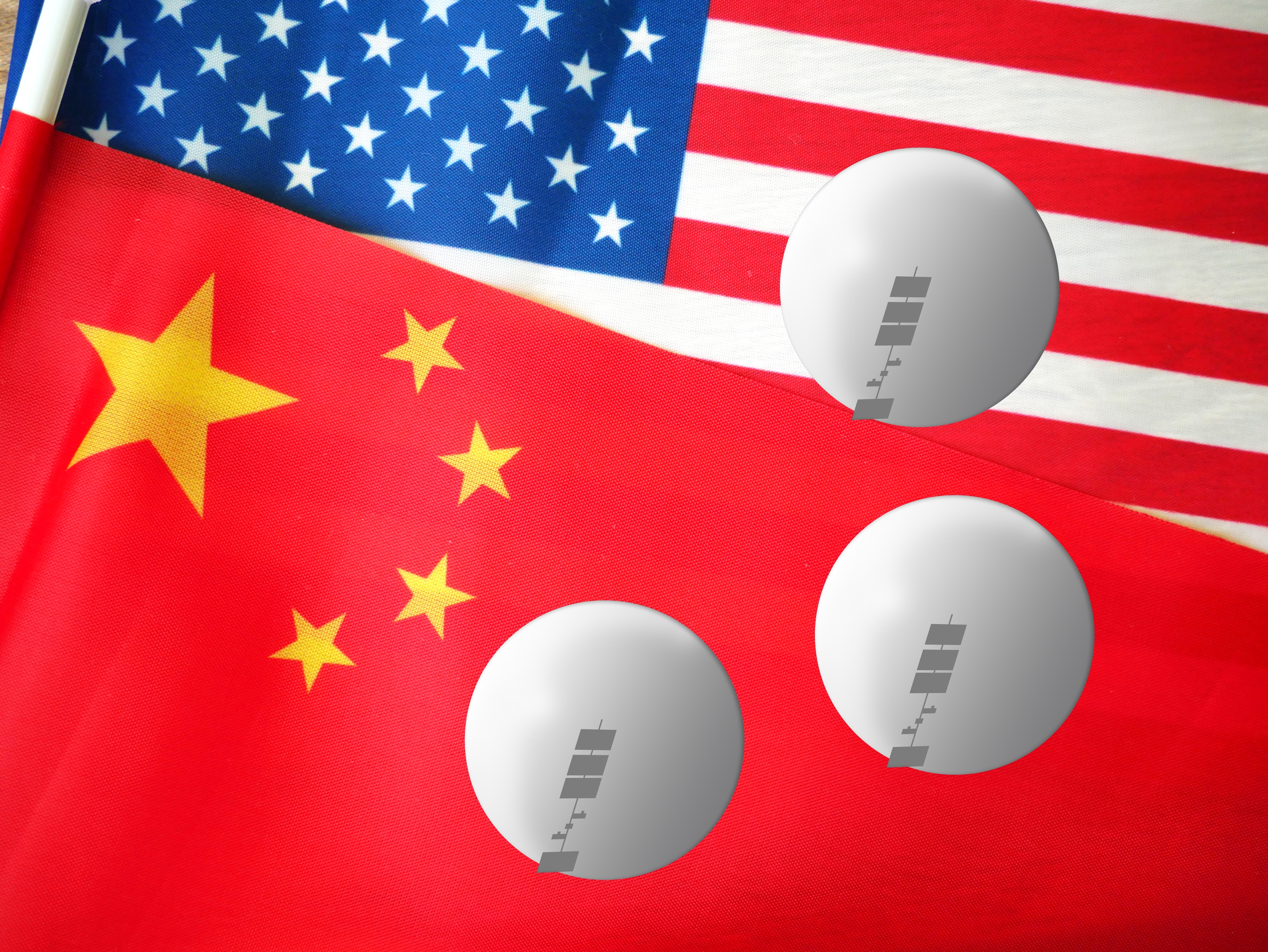
Ep.29 Douglas Paal: The Right Time for U.S.-China Reengagement
Interview | March 20, 2023
Douglas H. Paal
Vice President for Studies, Carnegie Endowment for International Peace (CEIP)
Dr. Douglas H. Paal, a Distinguished Fellow at the Carnegie Endowment for International Peace, shares his assessments of the outcome and the implications of the 14th National Committee of the Chinese People’s Political Consultative Conference (CPPCC) and the 14th National People’s Congress (NPC). In this second part of the Global NK Interview, Dr. Paal argues that Xi Jinping and Biden should take advantage of their enhanced domestic positions to seek for cooperation. While Dr. Paal expresses concern about the lack of personalities to take the lead in the U.S. and the lack of knowledge about newly appointed officials in China, he emphasizes that cooperative measures must be implemented to avoid international conflicts.
U.S. and China Ought to Seek Cooperation “This Year”
• U.S. and China should have engaged in a more “constructive approach to many areas of conflict after November 2022 [after the October Party Congress].” They seemed to do so at first when Xi and Biden agreed to hold a meeting between the Foreign Minister and the Secretary of State. In this context, the balloon incident, which “was not particularly significant in itself, was symbolically a huge negative” for the bilateral relations.
• Having appointed his close aides to all major positions in the CCP, Xi is “in a position to start a diplomatic outreach.” China’s role in Iran-Saudi Arabia Deal and Xi’s plan to speak with President Zelenskyy as well as Putin show the “potential for China to pose as a peacemaker or try to improve its position in the diplomacy surrounding hot issues.”
• Having enjoyed considerably successful two years of presidency, Biden is currently in a “structurally better position” like Xi. Therefore, Xi and Biden “need to reengage and use this year ahead until November.” Unfortunately, “personalities are not there to take the lead on the American side,” and “we do not know the new people on the Chinese side,” so the prospect is grim.
• U.S. and China should meet and talk now to explore ways to cooperate or “at least demark areas where they won’t do damage to each other.” The imminent Taiwan presidential election will potentially make the Beijing-Washington-Taipei triangle more unstable, so “preparatory measures” must be implemented “to make sure domestic political eruptions do not lead to international conflicts.”
■ Douglas H. Paal_is a Distinguished Fellow at the Carnegie Endowment for International Peace. He previously served as vice chairman of JP Morgan Chase International (2006-2008) and was an unofficial U.S. representative to Taiwan as director of the American Institute in Taiwan (2002-2006). He was on the National Security Council staffs of Presidents Reagan and George H. W. Bush between 1986 and 1993 as director of Asian Affairs and then as senior director and special assistant to the president. Paal held positions in the policy planning staff at the State Department, as a senior analyst for the CIA, and at U.S. embassies in Singapore and Beijing. He has spoken and published frequently on Asian affairs and national security issues.
■ Typeset by Jisoo Park, Research Assistant
For inquiries: 02 2277 1683 (ext. 208) | jspark@eai.or.kr
International Relations
LIST